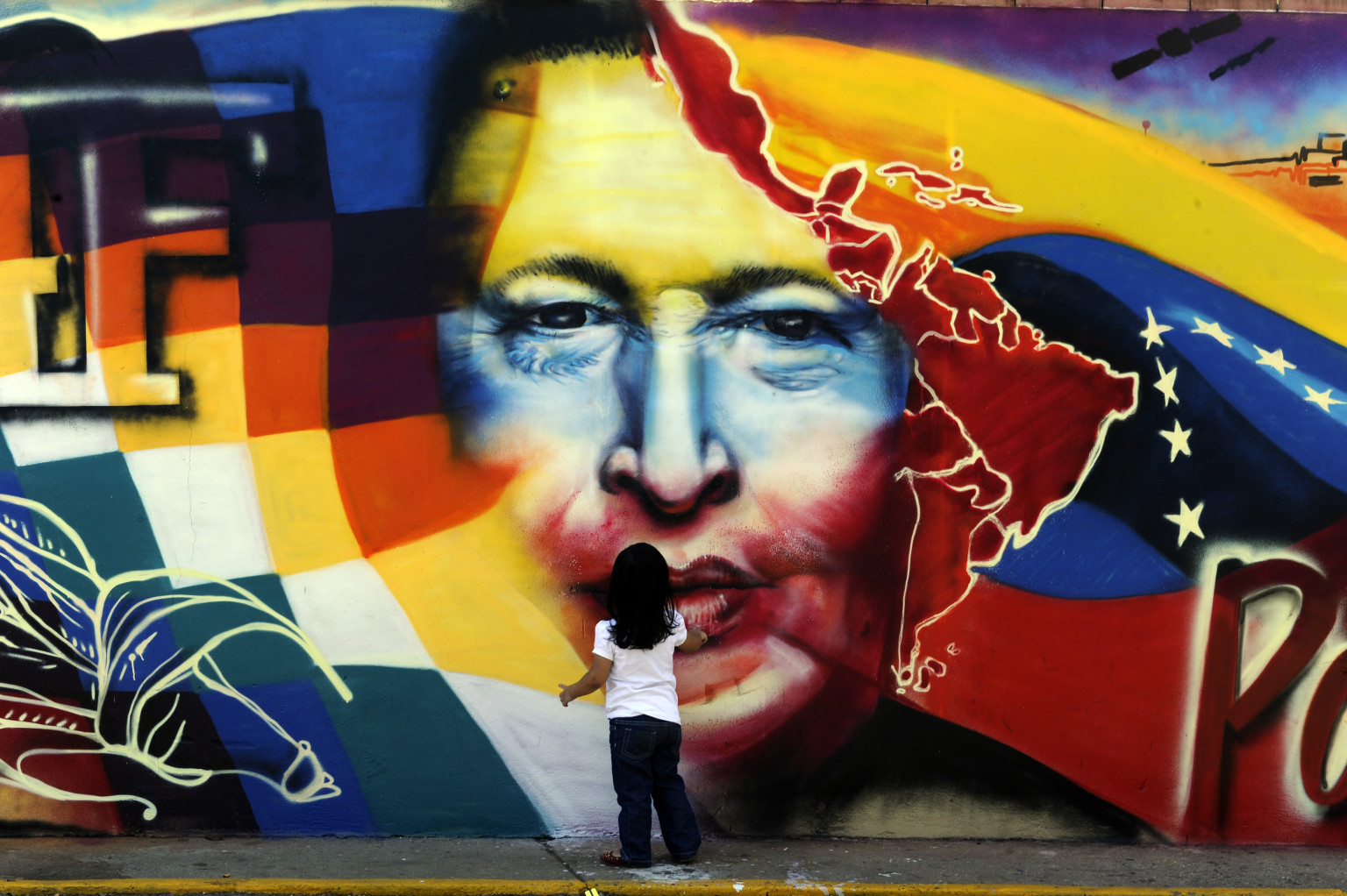At the n+1 website, Thea Riofrancos rescues populism from the elite condemnations and shallow journalistic analyses it has been undergoing in recent months. She suggests that populism (of a certain kind) is the antidote to the crisis of democracy in places like the US and the UK, not its culprit. Crucial to her argument is her distinction between a left-wring populism, which exposes inequality and structural injustice, from right-wing populism, which obscures these things with jingoistic rhetoric. Read an excerpt from the piece below, or the full text here.
If populist politicians and movements both left and right share a formal similarity in their polarized vision of politics that pits “the people” against their adversaries, it still matters how the people are fashioned and who is identified as their opponent. Populism can shore up exclusionary visions of the people. It can also do the opposite, fostering unlikely alliances between marginalized groups.
In a certain sense, democracy and populism are opposed: since the rise of “formal” democracy, populism as a more robust form of it dogged it like a shadow. As political scientist Laura Grattan argues in her recent book, Populism’s Power, however, populism persistently reemerges because it dramatizes a general paradox of democratic politics. In a democracy, “the people” ostensibly govern themselves. But who are the people? As Rousseau put it, for a “people” to self-govern, “the effect would have to become the cause.” The people both constitute democratic institutions and are constituted by them. Democracy is in many ways an ongoing political contest to define the people and their powers. By making claims about the identity of the people and how they enact their political power, populist movements and leaders—whether reactionary right or radical left—confront this fundamental problem of democracy. Their visions of the “people” and their prescriptions for democratic practice, however, could not be more opposed.
The emancipatory potential of populism relies upon the political construction of a “social bloc of the oppressed,” as philosopher Enrique Dussel has argued, drawing on Gramsci and Ernesto Laclau. It is thus fundamentally distinct from rightwing populism. Leftwing populism lays bare the class antagonisms that already structure social, economic, and political life; rightwing populism obscures them, replacing them with cultural chauvinism, xenophobia, and racism, reproducing rather than contesting inequality.
Image: Mural of Hugo Chavez. Via Huffington Post.
